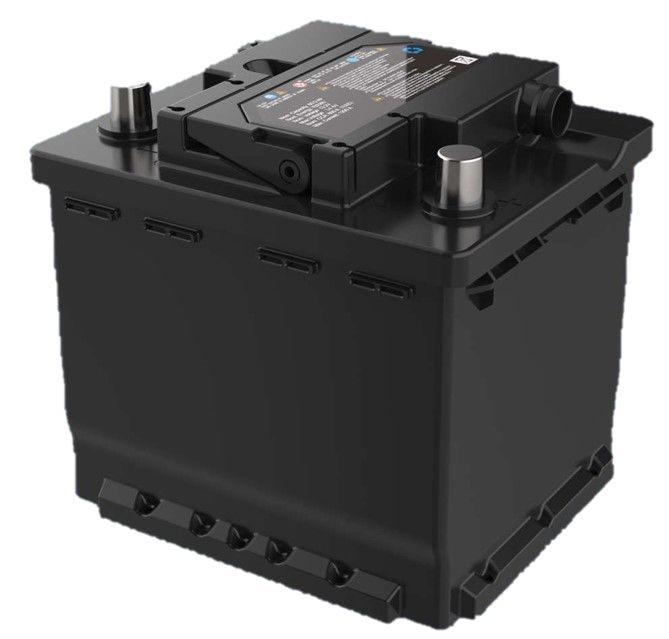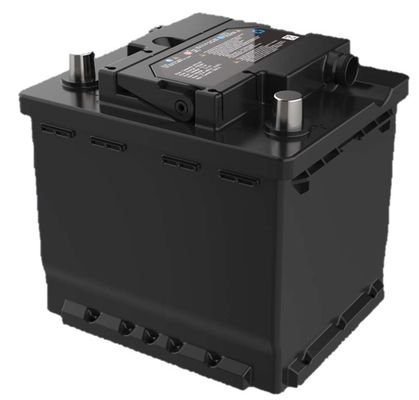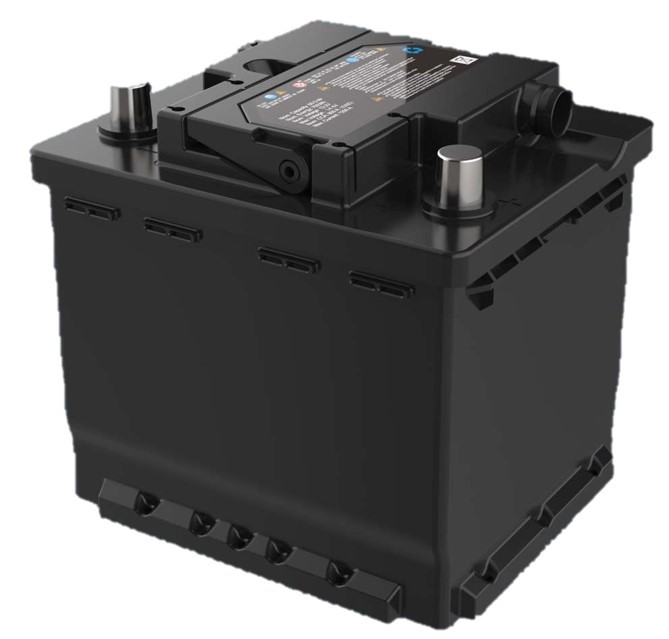LiFePo4 Heavy Truck Starter Battery With Longer Service Life
Truck transportation is the most important for many countries. The drivers need to drive the truck for tens of hours outside. Thanks to them, we can enjoy the convenience. However, the work of truck drivers is not easy. If the truck can't start on the highway or under a temperature of minus 20-40 degrees, it can not only influence the work efficiency; but also has a safety risk. Therefore, Camel is always seeking a way to provide a better truck battery for the drivers. This lithium-ion heavy truck starter battery is the one with absolute advantages product.
Product Features
Ultra-low Temperature (- 40 ℃) Zero Delay Continuous Starting
No need to warm up the truck for low-temperature starting
Lighterweight
Compared with traditional lead-acid truck starter batteries, the weight of the lithium-ion heavy starter battery is only 2/3 lighter, which helps the vehicle to reduce weight, reduce fuel consumption and improve fuel economy.
Longer Service Life
Compared with the lead-acid battery, the lithium-ion battery is with over 5 years of service life, normally it can work for the whole life of the truck.
High-Level Safety
The battery has passed 255 tests, including the safety test, environment test, performance test, BMS test, etc. Faster charging: strong charging receiving capacity. Charging from 20% to 95% only needs 1-2 hours.
Intelligent Power Management
BMS intelligent management keeps 20% of the minimum starting power to avoid excessive power loss.
High and Low-Temperature Resistance
Discharge working temperature range - 40 ℃ ∽ 65 ℃.
Intelligent Diagnosis
Self-detection, remote monitoring of battery health status in the background.
Strong Vibration Resistance
Suitable for all kinds of rugged road conditions.
Product Model
| Type |
Voltage
(V)
|
Capacity
(Ah)
|
Dimensions(mm)
L*W*H
|
Charging Receiving Capacity(-18℃) |
Weight(kg) |
| 12V 40Ah |
12.8 |
40 |
242*175*190 |
≥70% |
≤7 |
Applications
For heavy trucks, coaches, and engineering vehicles.
About Camel
Founded in 1980, Camel Group Co., Ltd.(Stock No: SH601311) is specialized in the R&D, production and sales of lead-acid batteries, with the production of EV lithium-ion battery and used battery recycling as the supplement. Camel is the largest and leading car battery manufacturer in Asia.
Currently, Camel has four major brands, which are CAMEL, HUAZHONG, SWAN, DF. With over 400 types of products covering automotive starter battery, start-stop battery, lithium-ion battery, traction battery, etc. Camel batteries are widely used in cars, trucks, agricultural vehicles, golf carts, electric vehicles and other applications.
The core competitiveness of Camel Group stems from continuous independent innovation, clear development strategy and efficient execution, which are all based on having an enterprising and innovative management and technical team. To ensure the technological leadership in the industry, Camel has continuously increased R&D investment and introduced the world's leading automatic production lines, and advanced R&D and testing devices. The professional R&D institute under the company is recognized as state-level enterprise technology center. Camel also has academician expert workstation and state-level laboratory. As a high-tech enterprise supported by the state, Camel has entered the field of new energy vehicle prospectively, committed to green energy manufacturing and recycling, and opening a low-carbon life for mankind.


FAQ
1. Why is there a possible battery explosion? And how do we prevent it?
A: A lot of hydrogen and oxygen will be produced during the charging process of battery. When the concentration of the mixed gas reaches 4% in the air, if sparks generated due to loose wire connection or open fire from outside interferes, there is a possibility that explosion may occur, which will damage the battery or even injure people and things. Preventions are as below:
a. Control the power charged, avoid overcharge, to reduce the amount of gas degassed.
b. No open fire near the batteries during charging process and keep good ventilation.
c. During charging, the connection should be firm to avoid sparks due to loose connection.
d. Adopts constant current and limited voltage charging method, which generates less gas evolution.
e. Prevent sparks or even fire and explosion due to short circuit.
f. Keep the degassing hole unobstructed for the maintenance-free sealed batteries, otherwise, the increased internal pressure may accumulate too high to cause bulge or even explosion.
2. Why the capacity is decreased?
A: If battery shows insufficient capacity during usage, or capacity cannot meet rated capacity value, we should firstly consider the possibility of insufficient charge or insufficient recharge after usage. Check if the electrolyte density is too low, of if the electrolyte level increases after recharge.
a. Sulfation (over-charge, repeated charge, hydrotherapy for desulfurization)
b. Pollution of electrolyte (after multiple flushing with distilled water, change the electrolyte)
c. Whether batteries show partial short circuit.
d. Phenomena like grid corrosion, plate breakage, active mass shedding etc. at the end of service life.

 Your message must be between 20-3,000 characters!
Your message must be between 20-3,000 characters! Please check your E-mail!
Please check your E-mail!  Your message must be between 20-3,000 characters!
Your message must be between 20-3,000 characters! Please check your E-mail!
Please check your E-mail! 



